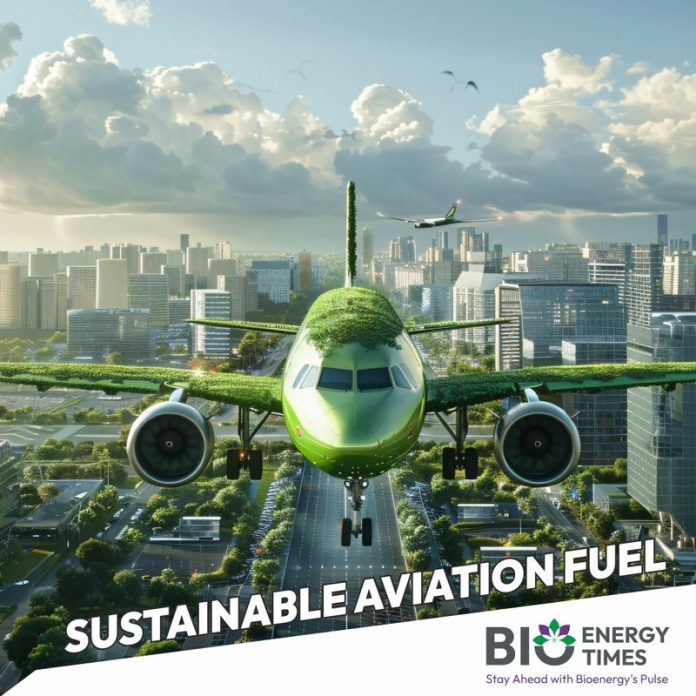The Department of Transportation (DOTr) expressed its appreciation on Thursday for the support of aerospace giant Airbus in establishing a sustainable aviation fuel (SAF) ecosystem through the Philippine SAF Feasibility Study.
In a statement, DOTr Undersecretary for Aviation and Airports Roberto Lim noted that this study will assist in creating the necessary policies, regulations, and programs to promote economically viable SAF production in the Philippines.
“On behalf of our partner agencies, including the Civil Aviation Authority of the Philippines (CAAP), the Department of Energy (DOE), the Department of Science and Technology (DOST), and other members of the National Biofuels Board (NBB) SAF Committee, we extend our gratitude to our private sector partners for their involvement in laying the groundwork for our SAF industry,” Lim stated.
He explained that the study will be aligned with the International Civil Aviation Organization’s Assistance, Capacity-building, and Training for SAF.
“This initiative follows the formation of a SAF Committee under the DOE-led NBB, which is responsible for developing the country’s SAF roadmap,” he added.
The feasibility study will encompass an analysis of country-specific macroeconomic data, evaluation of SAF feedstocks and production pathways, assessment of necessary implementation support and financing, as well as the creation of an action plan.
SAF is projected to achieve up to an 80 percent reduction in carbon emissions.
As a member of the International Civil Aviation Organization (ICAO), the Philippines has committed to reaching a net zero carbon emission target for the aviation sector by 2050.
To meet this objective, the country will need to undertake several initiatives, including fleet renewal, adoption of disruptive technologies, operational improvements, promotion of SAF, and carbon offsetting.
To read more about Sustainable Aviation Fuel Industry News, continue reading BioEnergyTimes.com















